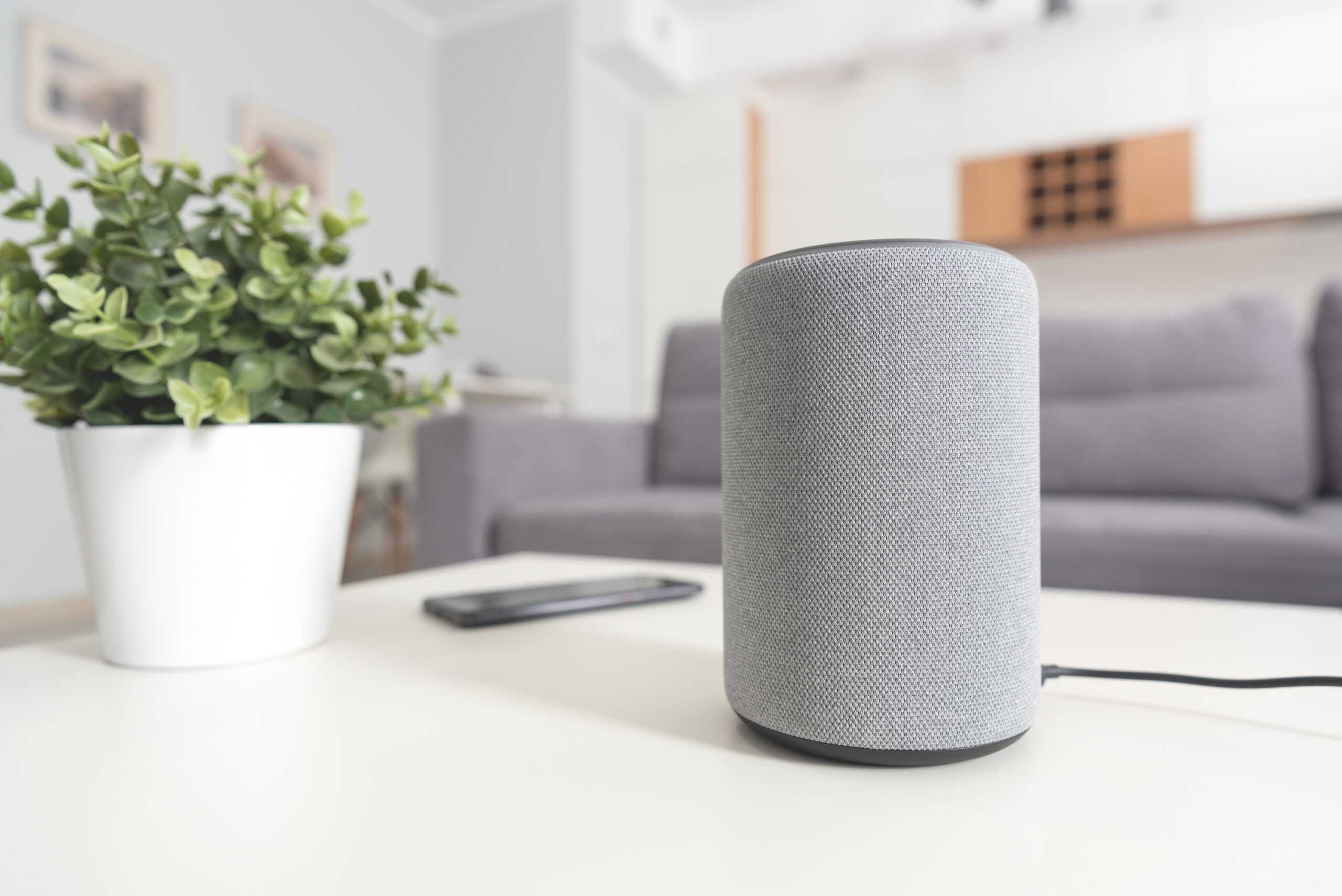Brand matters, at least for any product that doesn’t wish to become commoditized. Whether you center the definition of brand on company identity, reputation, promises made to the buyer, or meaning created in the mind of the consumer, brand provides a proven means of creating value beyond the raw ingredients of a product.
If you know where, when, and why brand matters to your buyers and how much brand perception impacted attracting and retaining them, you will become the shining star of your company.
For the smart home journey, Interpret has been thinking carefully about the role of brand at three distinct points.
- Name brands for Newbies: Name brands are valuable to first-time smart home product buyers because they provide beacons of familiarity and trust, which minimizes the anxiety of trying a new product. Interpret research finds that among green purchase intenders, only 32% don’t think paying extra for name brands is worth it. In other words, Newbies are likely to pay extra for a name brand. Many legacy brands have tapped into their brand equity to move into connected products knowing that consumers would follow them.
- New brands for Novelty Seekers: New brands, especially those bringing new technologies to market, can also drive interest and trial when they can tap into those consumers who appreciate novelty and new experiences. Interpret finds 45% of all smart home product purchase intenders enjoy trying out new brands and services. Just consider once upon a time not long ago, brands like Nest, Ecobee, Arlo, Ring, Rachio, Wyze, and Eufy were born and have captured droves of new customers.
- Known brands for Repeat Purchasers: When the brand experience is positive, it creates a stickiness that drives those coveted repeat purchases. 44% of smart home purchase intenders agree that they prefer to stick with brands they use often, a slightly higher level of agreement than all adults. Additionally, purchasing “brands of products I already own” is the leading priority (39%) for subsequent smart home purchases.
“Deliberating over investments in all the elements required to build a great brand often gives CFOs a fit because they’re unsure about the causal connection between brand and sales,” observes Interpret Vice President Brad Russell. “But the most successful companies possess a clear brand vision from the beginning and a fierce commitment to play the long game.”
Interpret knows brand matters. The firm invests deeply in understanding the uniqueness of brands, their health, and their influence on purchasing. Companies deeply invested in brand health conduct quarterly brand tracking studies, often across a range of regions. If you’d like to learn more about how you can measure and evaluate brand health, contact us.




